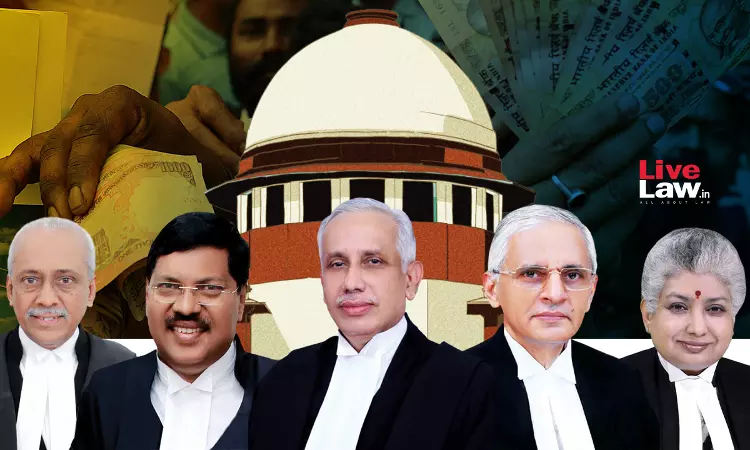Minister's Speech A 'Constitutional Tort' If It Leads To Acts Of Officers Harming Persons : Supreme Court
Awstika Das
4 Jan 2023 4:52 PM IST

Next Story
4 Jan 2023 4:52 PM IST
In a significant development, a Constitution Bench of the Supreme Court on Tuesday said that a statement by a minister would be actionable as a constitutional tort if such a statement leads to an act or omission by officers of the state resulting in harm or loss to a person or citizen.“A mere statement made by a Minister, inconsistent with the rights of a citizen under Part III of...
